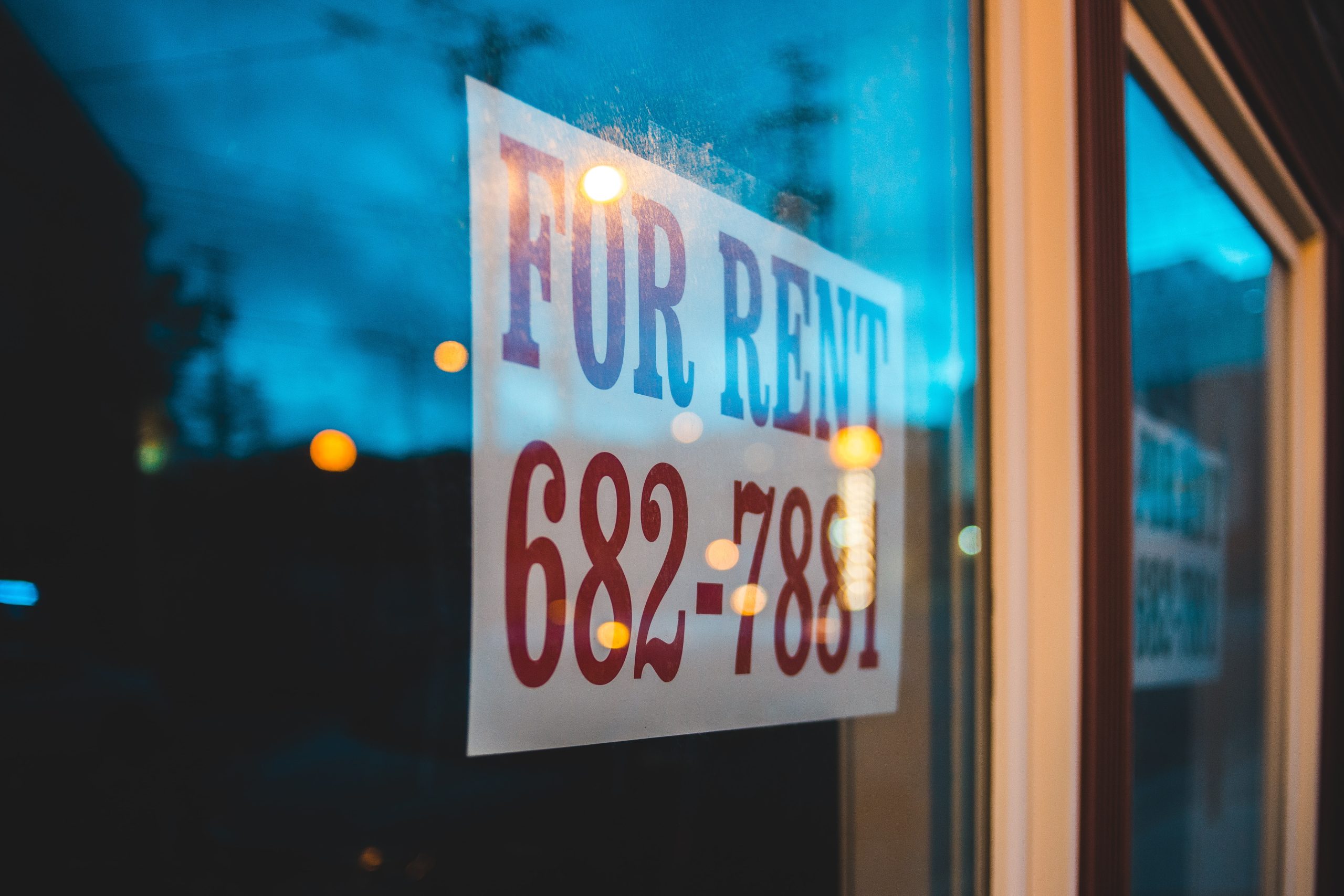- 27 February 2023
- 336
The Pros And Cons of Short-Term Rentals: What You Need To Know Before Signing That Lease

Short-term rentals have become increasingly popular in recent years, with many people opting for the flexibility of booking a place for just a few days instead of signing long-term rental agreements. But what are the real pros and cons of short-term rentals? In this blog post, we’ll delve into the benefits and drawbacks of short-term leases to help you make an informed decision on whether or not it is the right fit for your needs. We’ll cover everything from cost savings to legal issues and more, so keep reading to learn more about short-term rentals.
What is a short-term rental?
Short-term rentals, also called vacation rentals, are properties rented out for a short period of time, typically one to three months. They are popular among travelers and families looking for temporary housing, as they can be more affordable and flexible than traditional hotels or long-term rentals.
However, short-term rentals come with their own set of pros and cons that you should consider before signing a lease. For example, while you may save money on rent and have more freedom when it comes to decorating and personalizing your rental, you will also likely have to deal with more wear and tear on the property. Additionally, most landlords require a security deposit for short-term rentals, which can be higher than what is required for long-term leases.
Weighing the pros and cons of short-term rentals carefully can help you make the best decision for your unique needs and situation.
The pros of short-term rentals
Short-term rentals can be a great option for those looking for a flexible, affordable place to stay. There are a few things to keep in mind before signing a lease, however. Here are some of the pros and cons of short-term rentals:
PROS:
-Flexibility: Short-term leases offer more flexibility than traditional long-term leases. This can be helpful if you’re not sure how long you’ll need to stay in a given area, or if your plans may change in the future.
-Affordability: Short-term rentals are often more affordable than traditional long-term leases, since you’re only paying for the time you need. This can be helpful if you’re on a tight budget.
CONS:
-Less stability: Short-term rentals can be less stable than traditional long-term leases, since they may be terminated at any time with little notice. This can be disruptive if you’re trying to maintain a consistent living situation.
-Less security: Short-term rentals may also offer less security than traditional long-term leases, as they often don’t require a security deposit or other forms of financial commitment from tenants. This can leave you vulnerable if damages occur during your stay.
The cons of short-term rentals
If you’re considering signing a lease for a short-term rental, there are some things you should be aware of. Here are some of the cons of short-term rentals:
- Short-term rentals can be more expensive than traditional leases.
- You may have to sign a contract for a minimum number of nights stay, which can be inflexible if your plans change.
- There may be restrictions on how many people can stay in the rental unit, and additional fees for having guests stay overnight.
- You may be required to pay a cleaning fee when you check out, and damages caused during your stay may not be covered by the security deposit.
- There may be less privacy with a short-term rental, as you’ll likely be sharing common areas with other guests staying in the same unit or building.
How to find the right short-term rental for you
There are a few things to keep in mind when searching for the perfect short-term rental for you. First, consider your budget and what you can realistically afford. Secondly, think about the location of the rental and whether it is close to where you need to be. Third, read reviews from previous tenants to get an idea of what the experience was like. Finally, make sure to ask the landlord any questions you may have before signing the lease.
Things to keep in mind before signing a lease for a short-term rental
Before signing a lease for a short-term rental, there are a few things you should keep in mind. First, make sure you are familiar with the local laws and regulations governing short-term rentals. You don’t want to get caught up in any legal trouble. Second, be sure to read the lease thoroughly and understand all the terms and conditions. Make sure you are comfortable with the length of the lease and the price you are paying. Third, be prepared for unexpected expenses. Things like repairs and maintenance can add up quickly, so it’s important to have a budget in mind. Finally, be aware of your rights and responsibilities as a tenant. Know what you can and can’t do in the property, and make sure you are comfortable with the house rules before signing the lease.
Conclusion
Short-term rentals can be a great way for people to find an affordable living space and explore new places. However, there are some pros and cons associated with this type of rental that need to be considered before signing a lease. By understanding all the factors involved, you’ll be able to make an informed decision about whether or not short-term rentals are the right choice for you. Good luck on your search!

